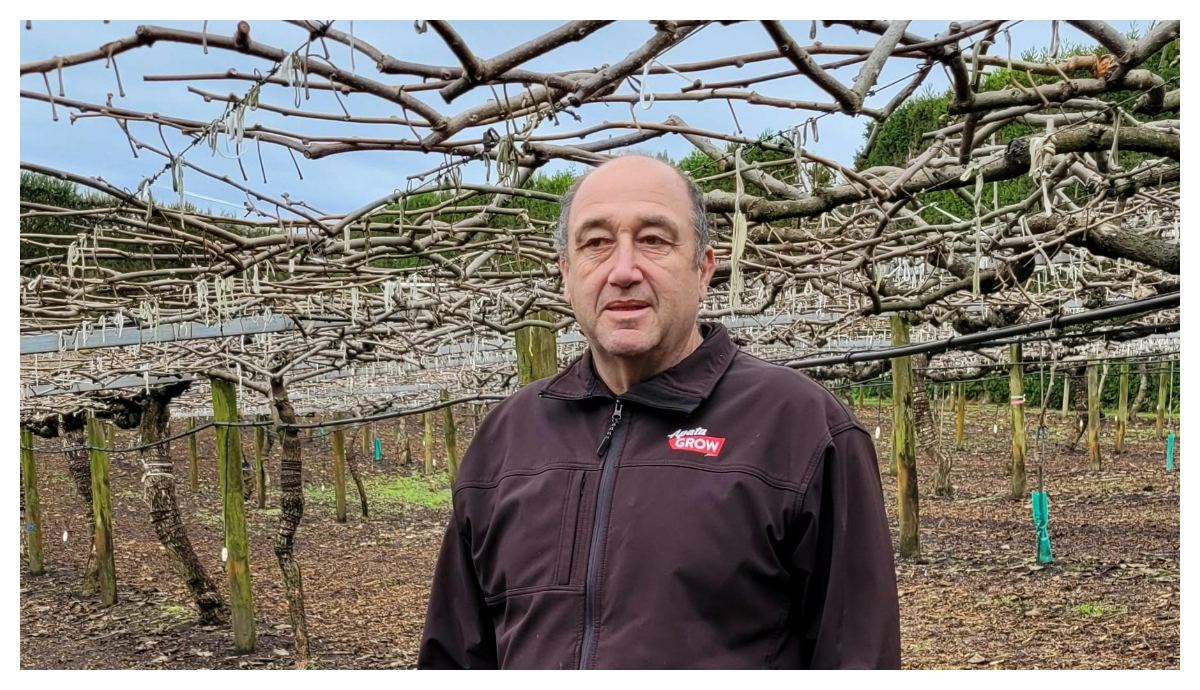 Luis Berger
Luis Berger


Tiny Fruit, Mighty Good
The seeds that let fly a new industry
When Mary Isabel Fraser, principal of a New Zealand girls’ school, returned from China with fruit seeds in the early 20th century, she couldn’t know she was sowing one of New Zealand’s most important industries.
Exports of this fruit exploded in the 1950s but both the original Chinese name, Yang Tao, and the colloquial New Zealand name, ‘Chinese Gooseberries,’ proved unpopular in America. When distributors noted the similarity between the furry brown fruit and the flightless bird so closely associated with New Zealand, the Kiwifruit was born.
Today, in the well-named Bay of Plenty on New Zealand’s North Island, Luis Berger manages over 30 hectares of Kiwifruit orchards.
International expertise for an international export
Luis arrived in New Zealand from his native Chile in 2009, just over a century after Mary Isabel Fraser’s first Yang Tao seeds were planted. Having studied Agronomy at the University of Chile, he has been working in agriculture all his working life. Luis is now using this experience to help Zespri, New Zealand’s Kiwifruit exporters, with 15,000 trays of Hayward variety Kiwis and 18,000 trays of SunGold variety kiwis per hectare.
Luis has been working with UPL for over 10 years now, using our inputs to protect against disease and pests. These inputs include our Flock-Off bird repellent and our various Du-Wett super spreaders for fungicides, insecticides, herbicides and nutrient products. Luis also depends upon UPL’s Kiwifruit-specific Kasumin and Aureo Gold bactericides.
Continuous improvement
Continuous improvement is one of Luis’ core philosophies and improving soil health is an area he’s applying this philosophy too – as can be seen in the number of trials Luis is participating in to improve the sustainability of Kiwifruit growing using robust management techniques. These include trialing the effects of establishing leguminous cover crops under the kiwifruit canopy to improve soil health by slowing erosion, enhancing water availability, and smothering weeds. Cover crops can also both help control pests and diseases as well as increasing biodiversity – a management technique UPL also advocates for.
A shared passion
When we speak to Luis, it’s clear we’re speaking to someone who’s passionate about growing fruit sustainably and committed to leaving the world a better place. We’re proud to share this passion and this commitment with him as we work towards healthy soils, healthy foods, and a healthy planet.

Related Stories
